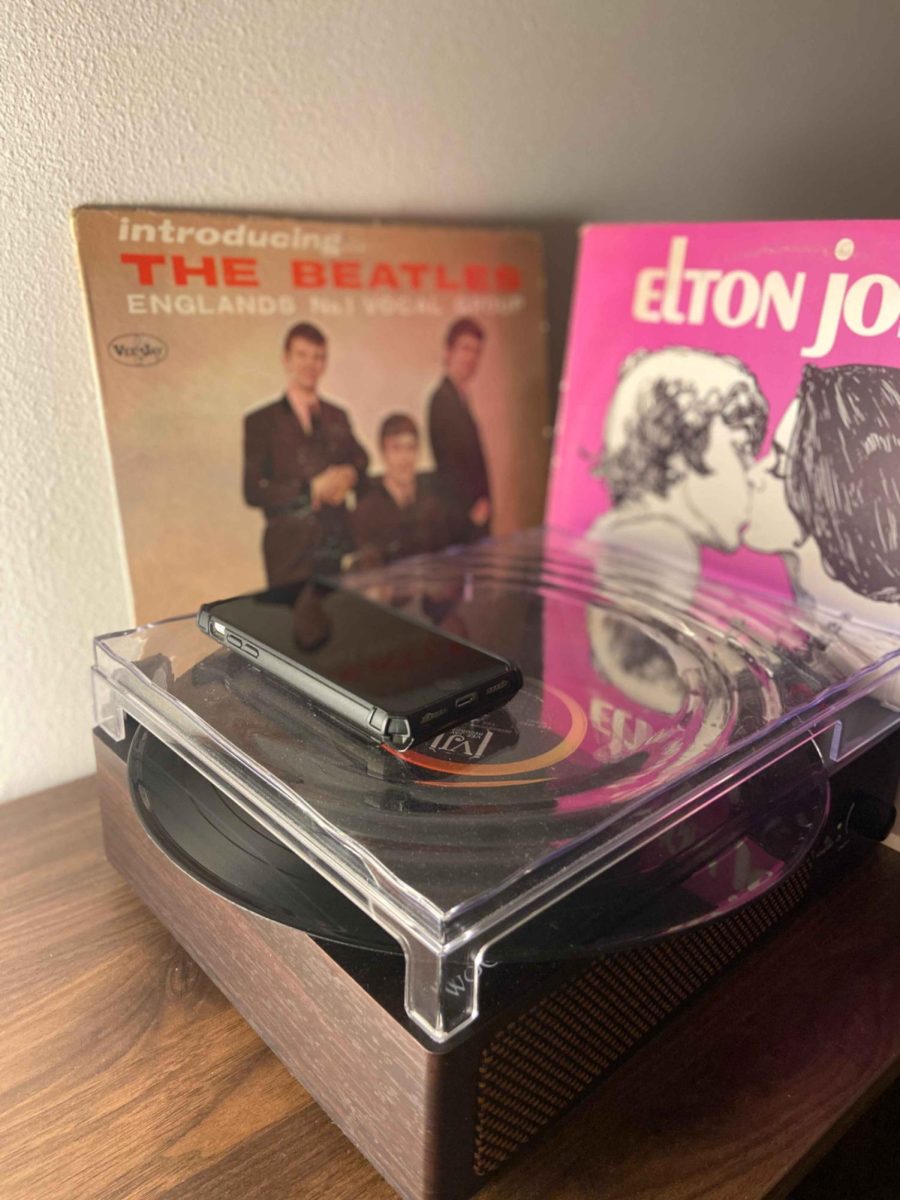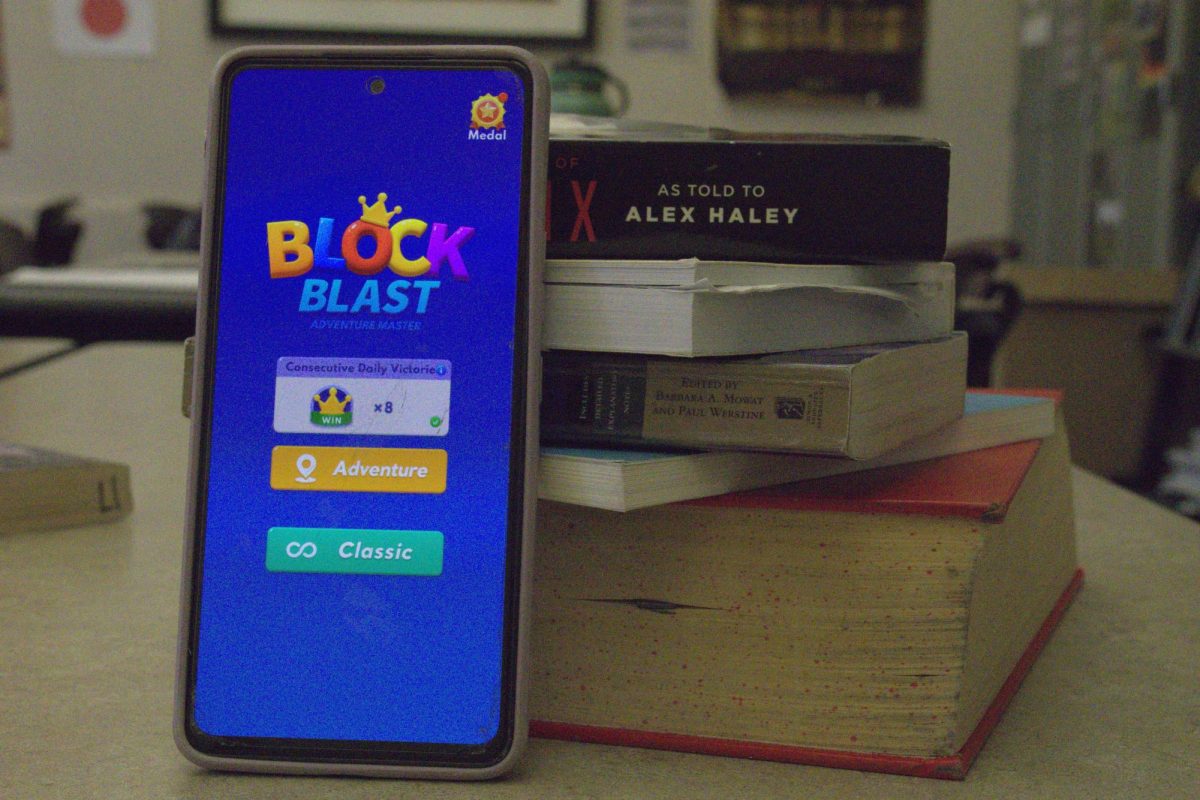The Dawn of the Digital Age
Since the turn of the century, media has become increasingly digitized. We have gotten to a point now where consumers pay for a service rather than the goods it provides.
Spotify premium costs $11.99 a month (if you pay for the individual package). A CD costs roughly the same price and is slightly less than an hour long on average. I can pay $11.99 for one hour of music listening or the same price for one month of music listening—CDs never stood a chance.
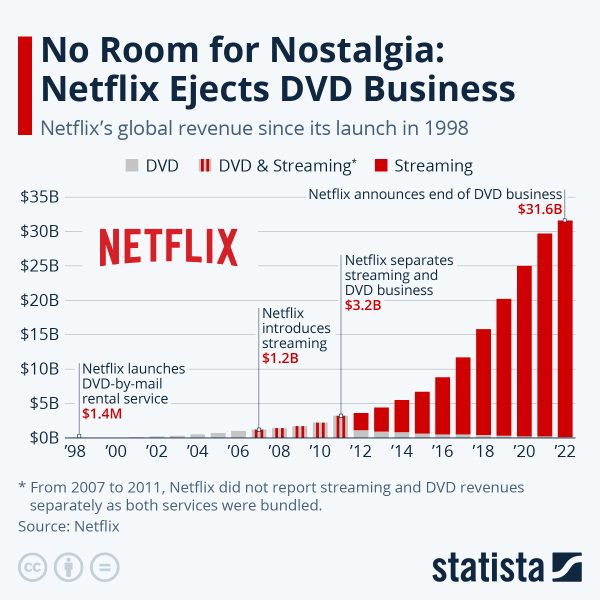
That is what happens when you come up with a good idea. In the 2010s, the iPod was a good idea too, but capitalism means competition and Spotify won; they made $14.337 billion in 2023.¹ Paying for digital music directly is practically unheard of nowadays.
Netflix is host to thousands of television shows and movies, including many original productions. The company used to send movies through the mail to people. I remember my dad and I going to the mailbox to pick up the new movie from Netflix every once in a while. The last Netflix mail movie was sent out Sept. 29, 2023, meaning the company has gone completely digital.²
When Netflix announced that it would be taking “The Office” off of its platform, many people across the world were understandably saddened. It was not long after Netflix announced this that Peacock, a rival streaming service, declared that it would be the home of “The Office” from that point on. The world breathed a collective sigh of relief that it would not be gone forever.
But what happens when a show smaller than “The Office” gets laid off?
Technofeudalism
Feudalism was an economic, social and political system during the Middle Ages. It centered around the exchange of labor for protection from a higher-up person, a lord. Lords were landlords who let laborers (or “serfs”) live on their land as long as they worked on it. The lords would then reap the benefits of the laborers’ work while the laborers were stuck with essentially zero social mobility but a relatively protected existence.
Technofeudalism is a term coined by economist and politician Yanis Varoufakis. In his book “Technofeudalism: What Killed Capitalism”, he argues that big corporations have changed the economic landscape so drastically that our reliance on them has become comparable to feudalistic society.
I am of the opinion that his concept can be applied to the commercial world of art in the way that artists—and consequently consumers—are becoming subservient to the corporations that distribute their work. If a big corporation decides to drop an artist from its platform for any reason, there is little that both the artist and the artist’s fans can do to prevent this.
Dropping Off the Planet
The masses have largely overlooked this consequence of the digital age. Smaller musicians are especially at risk of falling victim to technofeudalism.

Almost 80% of Spotify artists have fewer than 50 monthly listeners.³ If Spotify were to drop them, these artists are unlikely to get picked up by another streaming service because nobody is there to advocate for them. Moreover, with so many accessible methods of recording music, artists rarely write out the notation to their songs and opt to record it instead. Then Spotify drops this recording, then the record label drops this artist, then they run out of space on their phone and delete the file, and then they forget the tune. That is how art drops off the planet.
Spotify’s system for taking on new artists is far different from the average streaming service’s method of acquiring rights to films and television shows, but the comparison is not outlandish. Movies and shows from before the digital age are likely to be lost because the physical means of watching them have become archaic. Who owns a DVD player anymore? Or going even further—who owns a VHS player? What about a projector that can play film reels?
Worse yet is the ever-present problem of censorship. With an increasingly polarized America, the threat of censorship is now commonplace. Many of my favorite books are books that have been banned in schools at one point or another. Millions of children have unknowingly missed reading incredibly influential and moving pieces of literature because their state legislature decided it was inappropriate.
These streaming services that own the media we consume are in a similar position of power to state legislatures. What happens when streaming services decide a certain movie or television show is not “appropriate” or when Spotify decides an artist is not “appropriate”? Where does the media go?
And then there is the possibility of the grid going down. Thankfully, some in the tech industry are addressing this issue (notably SpaceX with Starlink).
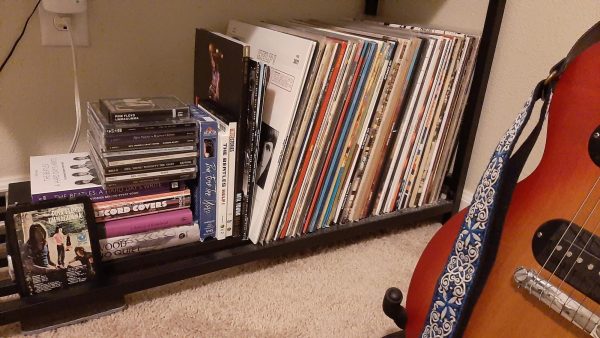
But even as the Internet and technology become normalized, it is not organic and never will be. In the event of global war or a large-scale natural disaster, it is not certain that the Internet would keep chugging along (though one might wonder about the bigger issue if we are still trying to access Netflix in the midst of the end of the world). In other words, people cannot carry these facets of their lives into the bunker with them.
Into the Bunker
Physical forms of music, such as vinyl records and CDs, have skyrocketed in popularity since the late 2000s. A large reason for this is Taylor Swift’s consistent marketing of her music in physical forms. As such a large artist with such a loyal platform, she has become a driving force behind the revival of physical media. Between 2005 and 2022, vinyl record sales increased from $14.2 million to $1.2 billion per year.4 That is an increase of nearly 200%.
DVDs have not seen a similar level of resurgence and television shows are rarely produced or purchased in physical form. That leaves movies and television underrepresented in physical form compared to music, which could pose potential problems in the future.
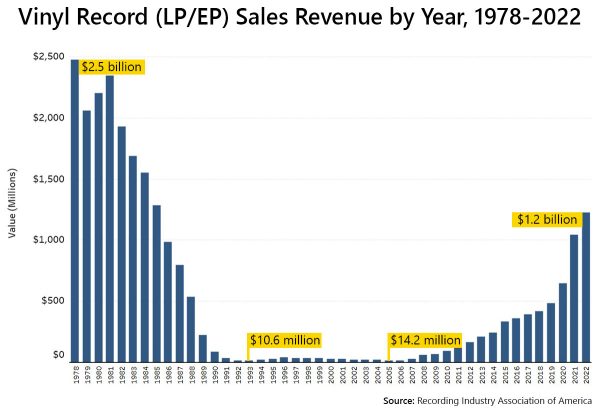
Streaming services have done a great deed in making film and music more accessible and, especially in the music world, shining more light on less popular artists. But it has become much harder for creators to fend for themselves commercially. They have to essentially abide by whatever their corporate overlords ask of them because it would be nearly impossible to get their work distributed otherwise. In other words, if the lord kicks you off the land, you are left without his protection.
There are so many benefits to buying physical copies of the media you love. If you buy from the artist directly, you are supporting them directly without a cut going to a corporation. Regarding music, you often get extra neat items like lyrics, art and even posters that the artist includes with the product.
Most of all, there is something special about being able to hold these precious artifacts in my hands. I view it as a sign of respect for the art that matters most to me.
Sources:
¹ Macrotrends. “Spotify Technology Revenue 2018-2021 | SPOT.” Www.macrotrends.net, 2023, www.macrotrends.net/stocks/charts/SPOT/spotify-technology/revenue.
² Kelly, Samantha Murphy. “Netflix Shutters Its DVD Rental Business, Marking the End of the Red Envelope Era | CNN Business.” CNN, 28 Sept. 2023, www.cnn.com/2023/09/28/tech/netflix-dvd-rental-movies-ending/index.html.
³ Ingham, Tim. “Nearly 80% of Artists on Spotify Have Fewer than 50 Monthly Listeners.” Music Business Worldwide, 25 Apr. 2022, www.musicbusinessworldwide.com/over-75-of-artists-on-spotify-have-fewer-than-50-monthly-listeners/.
4 Jordan, Jilayne. “The Surprising Resurrection of the Vinyl Records Industry.” Camoinassociates.com, 7 Feb. 2024, camoinassociates.com/resources/vinyl-records-resurrection/.


































